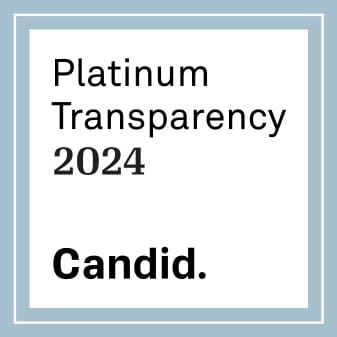Introduction
Depression is a debilitating mental illness that affects millions of people worldwide. While traditional antidepressant medications have been effective for many, some individuals suffer from treatment-resistant depression (TRD) and do not experience relief from these medications. Recently, a new treatment option has emerged: Esketamine. Esketamine is a nasal spray that has been approved by the FDA for use in patients with TRD. This blog post will explore the potential benefits and drawbacks of Esketamine as a treatment for depression.
The Science Behind Esketamine
Esketamine is derived from ketamine, a well-known anesthetic drug that has been used for decades. Although ketamine has been primarily used for anesthesia, recent studies have shown that it can also be helpful in treating depression. Esketamine is a more concentrated and pure version of ketamine, which makes it more effective in treating depression.
When it comes to depression, many neurotransmitters in the brain can be involved. However, glutamate has been identified as one of the most important neurotransmitters in depression. Esketamine works by targeting the glutamate neurotransmitter in the brain. It blocks certain glutamate receptors, which helps to reduce symptoms of depression in individuals with TRD.
In addition to its effectiveness, Esketamine has also been found to have fewer side effects compared to traditional antidepressant medications. It is a fast-acting drug, which means that patients can experience relief from their symptoms within hours of taking it. Esketamine is also administered in a controlled setting under the supervision of a healthcare professional, which ensures that the patient is safe and comfortable throughout the treatment.
Overall, Esketamine represents a promising new treatment option for individuals with TRD. Its unique mechanism of action and fast-acting nature make it a valuable addition to the arsenal of treatments for depression.
The Benefits and Drawbacks of Esketamine
Esketamine has been found to be a highly effective treatment for depression, with its rapid onset of action proving vital for those who require urgent care. Its ability to take effect within hours rather than weeks or months, as is the case with traditional antidepressants, makes it a life-saving option for individuals experiencing severe depression and suicidal thoughts.
Despite its benefits, Esketamine is not without its drawbacks. One of the main concerns regarding this treatment is its cost, which is relatively high and not always covered by insurance plans. Furthermore, as Esketamine is a relatively new treatment option, there is still much research to be done regarding its long-term effects. Some studies have suggested that repeated use of Esketamine may be associated with cognitive deficits and other side effects, which is a concern for patients who require ongoing treatment for depression.
The Bottom Line
Esketamine is a promising new treatment for individuals with treatment-resistant depression (TRD) who have not responded to traditional antidepressants. This medication has shown to be effective in clinical trials, leading to its approval by the U.S. Food and Drug Administration (FDA) in 2019.
As with any medication, there are potential drawbacks and side effects to consider. Esketamine is administered through nasal spray, which may be uncomfortable or unpleasant for some individuals. Additionally, there is a risk of abuse or addiction with this medication, as it is closely related to the street drug ketamine.
Despite these concerns, Esketamine offers hope for those who have not found relief from other treatment options. It is important to speak with a mental health professional to determine if this treatment is right for you or a loved one. In addition to medication, there are also other forms of therapy and lifestyle changes that may help manage depression.
Overall, while Esketamine is a promising new treatment option, it is important to consider all factors and work with a healthcare professional to determine the best course of action for your individual needs.
Conclusion
Depression is a serious and complex condition that can greatly impact a person’s life. It is important to seek help and treatment from a mental health professional. Esketamine is a relatively new treatment option that can be effective for individuals with treatment-resistant depression (TRD). While it is promising, it is still important to approach this treatment with caution and to thoroughly discuss the risks and benefits with a mental health professional.
In addition to medication, there are other treatment options available for depression. Cognitive-behavioral therapy (CBT) is a type of talk therapy that can help individuals identify and change negative thought patterns and behaviors that contribute to depression. Other types of therapy, such as interpersonal therapy and psychodynamic therapy, can also be effective for depression.
It is important to prioritize self-care when managing depression. This can include getting enough sleep, eating a healthy diet, and engaging in regular exercise. Practicing mindfulness and meditation can also be helpful for managing symptoms of depression.
By staying informed about available treatment options and working closely with a mental health professional, individuals with depression can find the treatment plan that works best for them and improve their quality of life. To learn more about psychotherapies related to depression, check out our research on Postpartum Depression.

